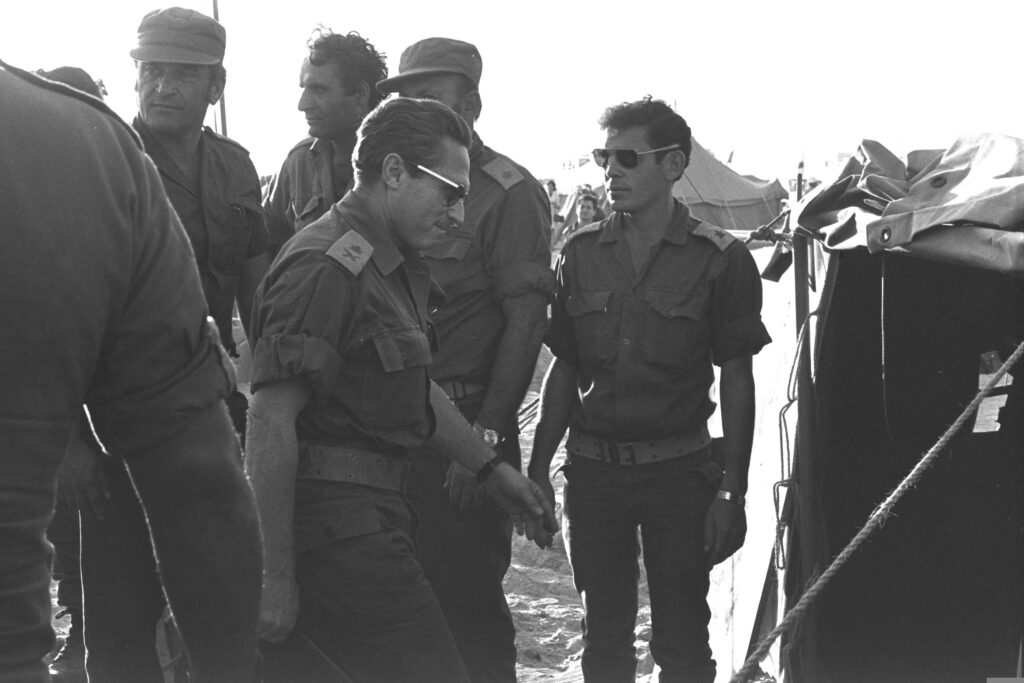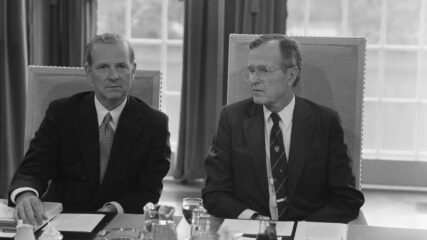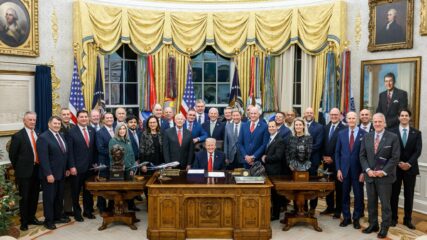November 11, 1973
After 12 days of negotiation after the 1973 Yom Kippur War, Egyptian Gen. Mohamed el-Gamasy and Israeli Gen. Aharon Yariv complete the first direct negotiations between their countries by signing the Kilometer 101 Six-Point Agreement.
The agreement focuses on the maintenance of a ceasefire between Israeli and Egyptian forces, the movement of nonmilitary supplies, the use of U.N. supervision, and plans to exchange prisoners of war. Parts regarding military disengagement are intentionally not implemented while supplies are delivered to Egyptian forces and civilians.
U.S. Secretary of State Henry Kissinger wants to use the military disengagement in the agreement as part of the U.S.-controlled diplomacy he and President Richard Nixon hope to see flow from the war. The Kilometer 101 negotiations and agreements are the basis of the first Egyptian-Israeli Disengagement Agreement signed in January 1974.
Nixon and Kissinger, as well as Egyptian President Anwar Sadat and Israeli Prime Minister Golda Meir, want to exclude Soviet participation in any real postwar diplomacy. While Kissinger slowly builds a warming U.S. relationship with Egypt and Sadat, an important gain in the Cold War, Israel becomes increasingly wary of but not opposed to the Egyptian-U.S. embrace.










